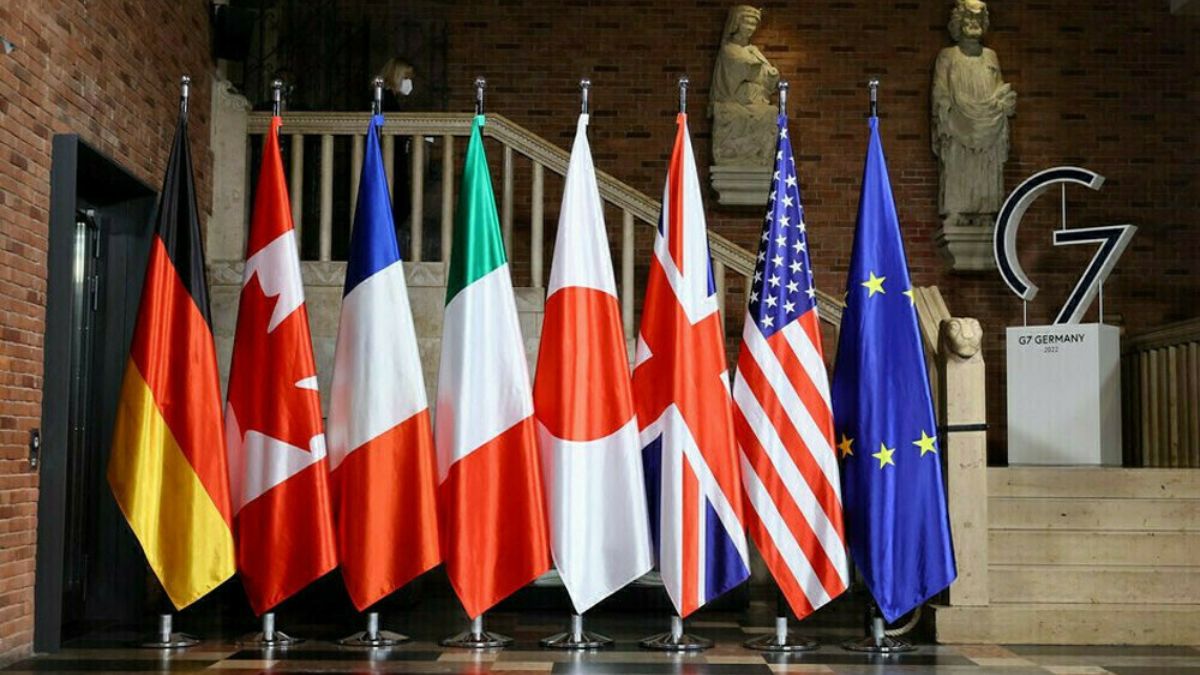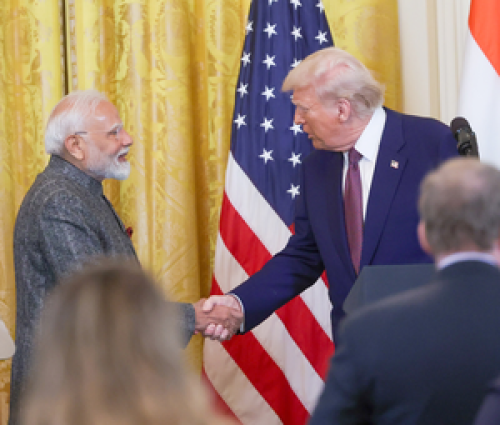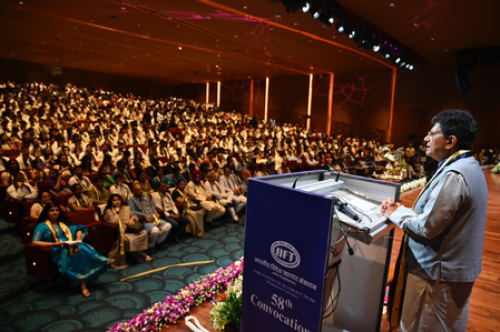By Prashant Shah
Canada’s decision to exclude India from the 2025 G7 summit has stirred significant diplomatic controversy and created a ripple effect of embarrassment—not just for India, but for the G7 leadership as a whole. The Group of Seven (G7), comprising the world’s most advanced economies, has traditionally positioned itself as a platform promoting democratic values, global cooperation, and economic stability. However, the exclusion of India, the world’s most populous democracy and fifth-largest economy, sends a contradictory message that undermines the group’s credibility and global relevance.
At the heart of this decision lies the ongoing diplomatic tension between India and Canada. Relations have deteriorated sharply in recent years, particularly following allegations by Canadian Prime Minister Justin Trudeau linking Indian agents to the killing of a Canadian Sikh separatist on Canadian soil in 2023. India vehemently denied the charges, leading to tit-for-tat diplomatic expulsions and a freeze in high-level engagements. While the tensions are undeniable, using a multilateral platform like the G7 to settle bilateral scores sets a troubling precedent.
From India’s perspective, the refusal to extend an invitation is not just a slight—it is a strategic misstep that damages its growing global stature. India has played an increasingly prominent role in addressing global issues, such as climate change, digital governance, and supply chain resilience. Its G20 presidency in 2023 was widely regarded as a success, bringing the Global South's concerns to the forefront. To ignore such a player at the G7 table is to deny the realities of global power dynamics in the 21st century.
More importantly, Canada’s unilateral move places other G7 members in an awkward position. Countries like the United States, France, Germany, and Japan have deep and multifaceted ties with India, spanning defense, trade, and technology. By not including India, Canada has effectively drawn the G7 into a bilateral dispute, placing fellow leaders in the uncomfortable position of either backing Canada or alienating a key strategic partner. This diminishes the G7’s image as a unified bloc working toward common goals.
Furthermore, the decision risks weakening the G7’s global influence. In recent years, the relevance of the G7 has been challenged by emerging economies and alternative platforms like BRICS and the G20. Excluding India only accelerates this shift, painting the G7 as an outdated and exclusive club rather than an inclusive forum addressing global challenges. At a time when multilateralism is under strain, inclusivity should be a strength—not a weakness.
In conclusion, Canada’s refusal to invite India to the 2025 G7 summit is more than a diplomatic snub—it is a miscalculation with broader consequences. It embarrasses India by sidelining its growing global role, puts G7 leaders in an unnecessarily divisive position, and undermines the group’s long-term legitimacy. If the G7 is to remain relevant in the evolving global order, it must rise above internal politics and embrace collaboration with key partners like India.













